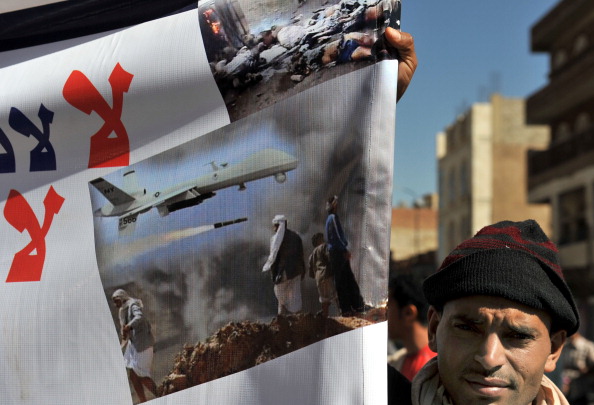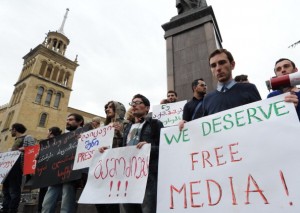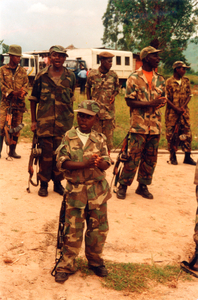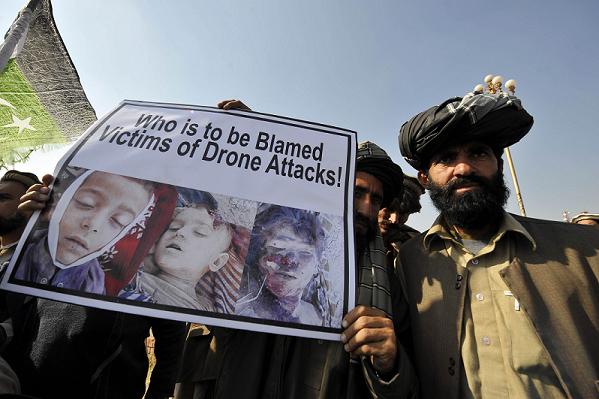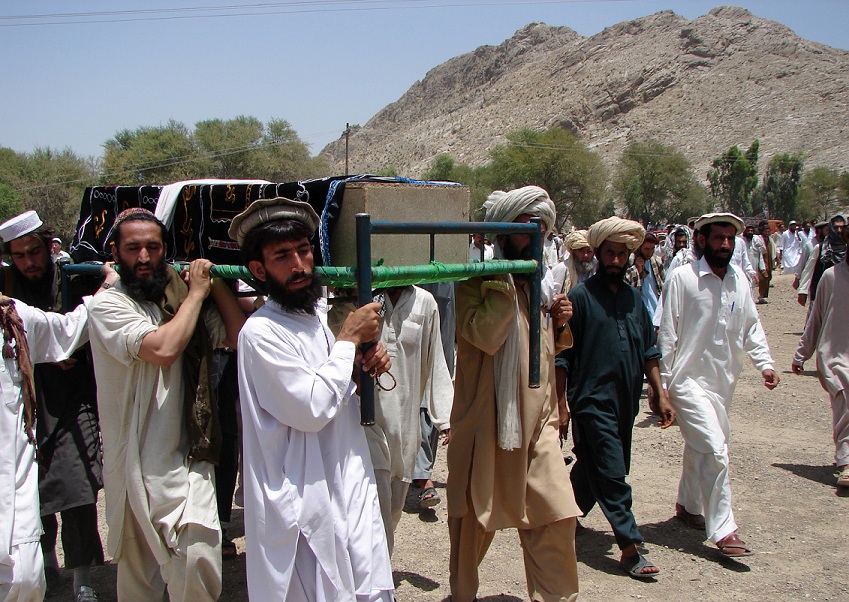Women have played a big role in the Yemen protests, a fact the Nobel committee recognized when it awarded the 2011 Nobel Peace Prize to Yemeni activist Tawakkol Karman, one of three women to jointly receive the award last October.
Yet, despite their contributions, Yemen’s women activists have been harassed, arrested, and in some cases beaten for their participation in protests. Some have also been threatened through their families, with male relatives ordered to control and curtail their activism.
As Yemen enters a delicate transition phase toward democracy, the government must address longstanding violations of women’s human right. Women in Yemen face systemic discrimination and pervasive violence. Their rights are routinely violated because Yemeni laws, as well as tribal and customary practices, treat women as second-class citizens. Women face discrimination in matters of marriage, divorce, inheritance, and child custody, and the state fails to take adequate measures to prevent, investigate, and punish domestic violence.
SEE THE REST OF THIS POST
